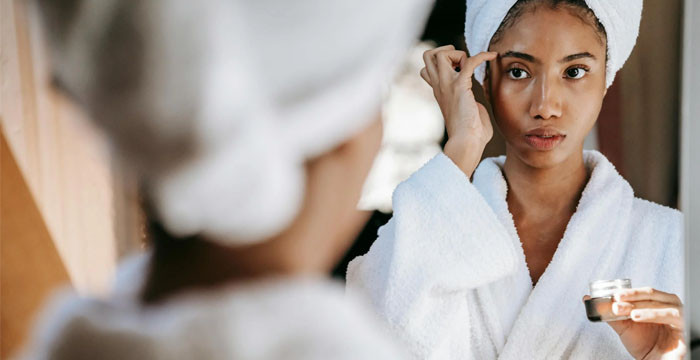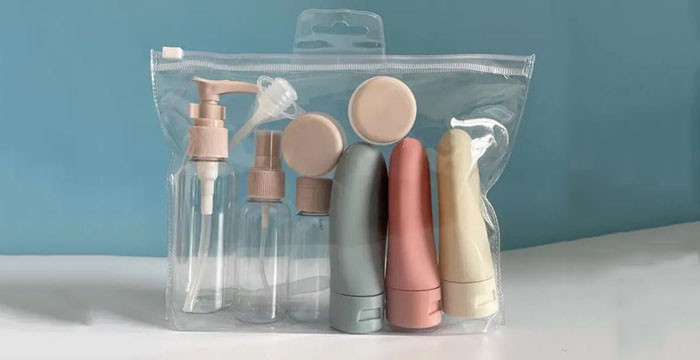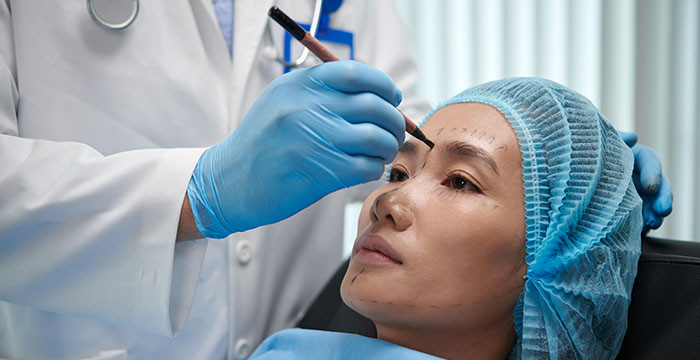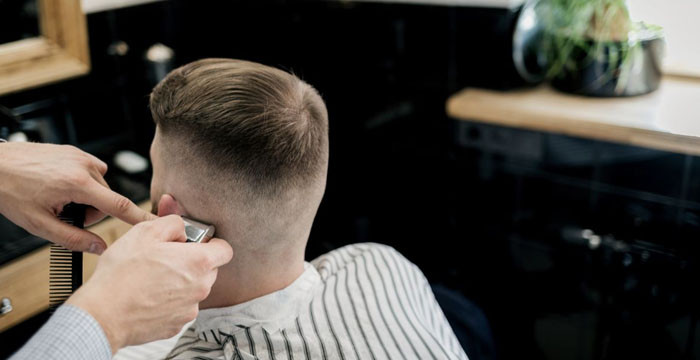Collagen is super common in our bodies, making up about 30% of all protein. It's a big part of the stuff that supports skin, bones, joints, muscles, tendons, ligaments, and organs. Collagen also helps heal wounds, make tissues new again, and keep skin stretchy.
However, collagen lessens as you get older, making you look older with wrinkles, loose skin, sore joints, and weaker bones. Also, things like smoking, too much sun, bad eating, and stress mess up collagen and make it break down quicker.
Yet, there are paths to ramp up collagen in your body, be it generating more naturally or tacking on extra from external sources. This piece delves into various collagen types, their origins, and how they aid in your well-being and appearance. Also, you can boost your protein intake with collagen protein from kissedearth.com.au, a convenient and effective route to inject collagen into your daily routine.
Types of Collagen
There are around 28 kinds of collagen in the human body, each with its own build and job. Yet, the most usual and important ones are types I, II, III, and IV, making up over 90% of all collagen.
Type I collagen
The biggest and toughest collagen type seen in the skin, bones, teeth, tendons, ligaments, and organs. It gives support, strength, and stretchiness to the stuff inside you. It also helps fix cuts and makes scars
Type II collagen
The primary collagen in cartilage cushions joints and prevents rubbing. It also supports eyes, ears, nose, and spinal discs. It keeps your joints in good shape and lets you move around easily. It keeps your joints in good shape and lets you move around easily.
Type III collagen
Often found with type I collagen, especially in the skin, blood vessels, lungs, and heart. It helps the skin stay stretchy and firm and keeps blood vessels strong and working right. It also helps fix up muscles, bones, and organs.
Type IV collagen
A large piece of the thin tissue layer, the basement membrane, holds up and splits cells from the tissue below. It's also present in the kidney, eye, and nervous system. It aids in cell tasks like filtering, spreading, and adhering
Sources of Collagen
Collagen comes from two main places: inside you (endogenous) and outside you (exogenous). Endogenous collagen is what your body makes on its own, while exogenous collagen is from stuff like food or pills.
Endogenous Collagen
Your body can make collagen from small protein bits called amino acids. Yet, it hungers for elements like vitamin C, zinc, copper, and manganese to pull off this feat. You can stumble upon these in a mishmash of munchies like fruits, veggies, nuts, seeds, and the mighty meat.
Also, some lifestyle habits can help your body make more collagen, like:
Exercise
Exercise gets more blood, air, and food to your body parts, which helps your body make more collagen and fix it up. Plus, moving around can make your body release growth hormone, which also boosts collagen making.
Sleep
Sleeping enough can make your body release melatonin, a hormone that fights bad stuff like oxidation and swelling. Melatonin helps keep collagen safe from getting messed up, which usually happens because of bad stuff like smoking, too much sun, bad eating, and stress. So, it's good to steer clear of these things if you want to keep your collagen in good shape.
Avoidance of collagen-damaging factors
Smoking, too much sun, bad eating, and stress mess up collagen and make it break down faster. So, avoiding or doing less of these things can keep your collagen safe and stop it from getting messed up.
Exogenous Collagen
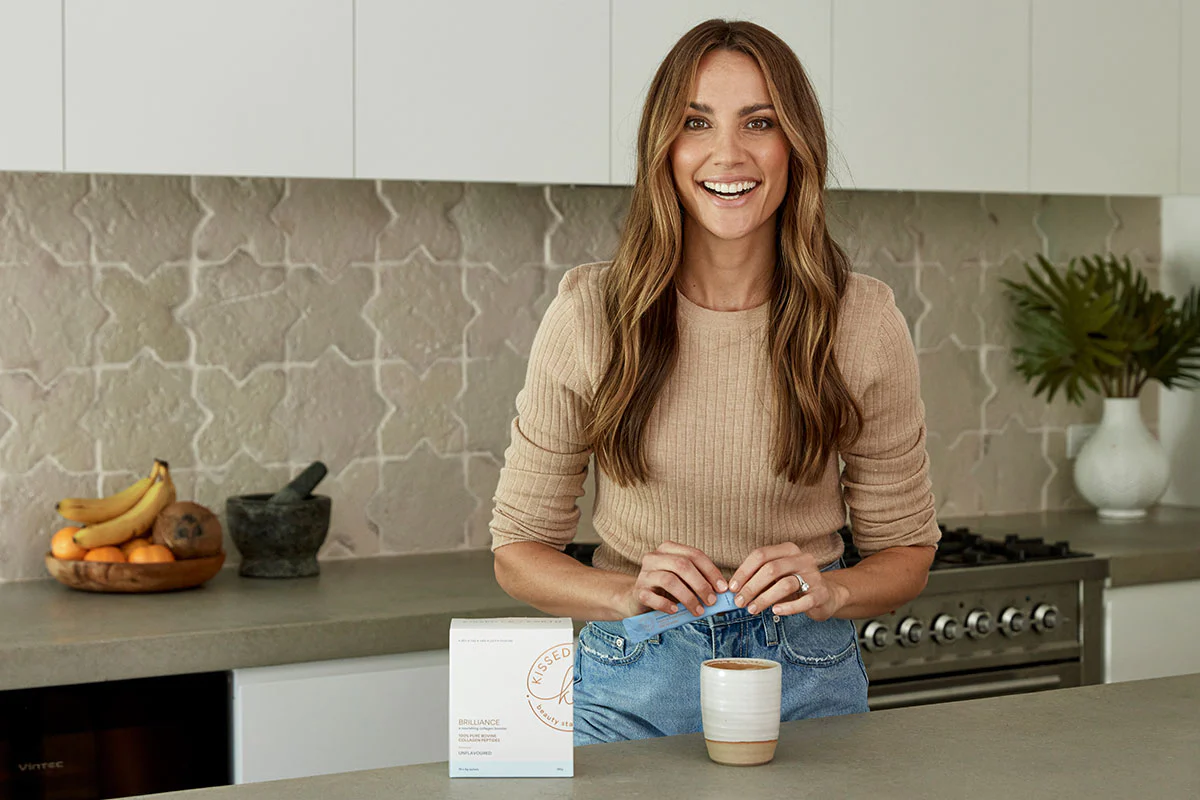
Collagen can come from stuff outside you, like food or pills. But, not all collagen sources are the same because some might get used by your body better than others. Here are some of the most common and good collagen sources:
Bone broth
This broth emerges from a bubbling cauldron of animal bones, cartilage, and assorted connective material, left to simmer for a long time. Within, it teems with collagen and an assortment of elements, including minerals, amino fragments, and glycosaminoglycans. Bone soup helps fill up your collagen, especially in your joints, skin, and belly.
Gelatin
This is a kind of collagen that's a bit broken down. People use it to make food thicker and stable. Gelatin also gives your body more collagen and helps with digesting, staying hydrated, and feeling full.
Collagen peptides
These are tiny pieces of collagen that are broken down all the way. They mix easily in water and can go in drinks, smoothies, soups, or baked goods. Collagen bits get into your body the quickest because they don't need to go through your belly. They can take collagen all over your body and fix up specific parts depending on where they come from and what they're made of.
Benefits of Collagen
Collagen has lots of perks for how you feel and look, as it helps make different body parts work better and look nicer. Here are some of the big ones:
Skin health
Collagen helps your skin stay stretchy, hydrated, and firm, and keeps away stuff like wrinkles, drooping, and dryness. It also helps heal and stop acne, scars, and stretch marks and keeps your skin safe from the sun and bad stuff in the air.
Joint health
Collagen aids in joint cushioning and easing, cutting down on swelling, aches, and rigidity. It also assists in fending off and healing joint issues like osteoarthritis, rheumatoid arthritis, and similar troubles while enhancing movement and flexibility.
Bone health
Collagen strengthens bones, preventing osteoporosis and fractures. It maintains bone health, proper growth, and mineralisation.
Muscle health
Collagen helps your muscles grow and makes them work better and longer. It also stops and fixes muscle problems from getting older and helps you have more muscle and less fat.
Hair and nail health
Collagen helps your hair and nails stay strong and stop falling out, breaking, or getting weak. It also helps them grow thicker and shinier and protects them from getting hurt or sick.
Gut health
Collagen supports fixing and sealing the gut lining, which can ward off and manage leaky gut syndrome, a condition causing gut permeability and swelling. It also aids in boosting digestion, uptake, and flushing out, while harmonising the gut bacteria and the body's defence system.
Brain health
Collagen helps your brain stay safe and work better, and stops it from getting sick. It also helps stop and fix brain diseases like Alzheimer's and Parkinson's and makes you feel happier and smarter.
Heart health
Collagen keeps your heart and blood pipes healthy and stops heart problems like clogged pipes and high pressure. It also helps keep your blood and air moving well, and brings good stuff to all your body parts.
Conclusion
Collagen is a super important protein that makes your body work better and look nicer. But, as you get older, you make less collagen and might need more from external sources to stay feeling and looking good.
Collagen is a useful protein that can help you feel and look better. Learning more about collagen, like its kinds, where it comes from, and what it does, can help you choose how to use it every day.
Post Comment
Be the first to post comment!
